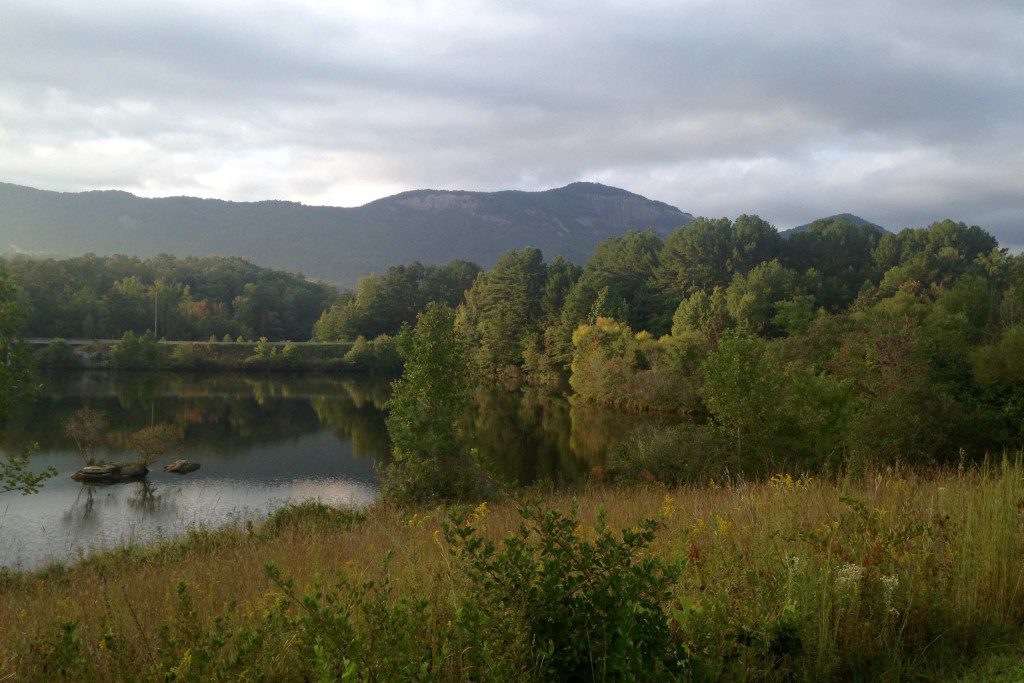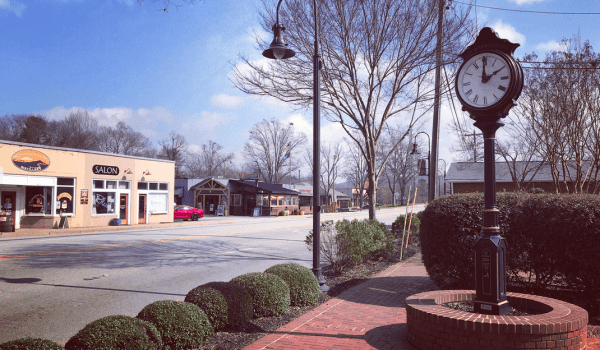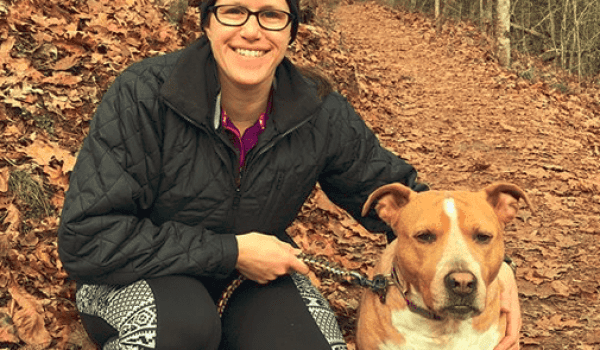The often colorful Scots-Irish descendants who live in northern Greenville County today — located at the end of the Appalachian Mountains — have surprisingly held onto and still use many of the words and phrases that originated in their ancestors’ motherland — words and phrases that haven’t been used widely since the time of Shakespeare!
Have you ever visited a new location and heard a local use an expression that seems weird or foreign, yet familiar at the same time? Even in an age of mass media, where we increasingly operate off the same “song sheet,” so to speak, local expressions can catch us off guard. These idioms and expressions can tell us a lot about how a people live and what they value, or even make us join in on a joke.
The same is true right here in the northern Greenville area, in towns like Travelers Rest, Cleveland, and Blue Ridge.
Richard Powell — a retired landscape design business owner who lives in the valley below Caesar’s Head — first moved to this area over 30 years ago. Being a local but not a native, he is still sometimes surprised at the phrases people use in this area.
“I’ve heard the phrase ‘Go over yonder and get something,’ with very little description of the thing or where yonder was,” Richard says.
The word yonder is one of these adverbs that has its roots in British villages of 500 years ago.

In his career, Richard often heard people describe strange and uncertain situations as like “looking through the bottom of a whisky bottle,” where the world is very blurred — not only referring to the distorted vision through blurred glass, but in reference to the whisky distilling that many are familiar with in these hills.
“He ain’t wire right” is often used to laughingly talk about someone else being eccentric, says Richard. In this case, it is a modern phrase with archaic pronunciation, where the word wire has the Scots-Irish dropping of the “r” sound.
Another useful but archaic word in use here in northern Greenville is nary, as in the phrase, “Nary a one of the older folk remains from those days,” where nary is a quite old British word to emphasis “none.”
You see, the euphemisms and accents here don’t just convey information, but they’re useful to express an idea that may not be apparent on first hearing, or maybe it might take years to grasp. Someone may be underlining something with a phrase that can pass unnoticed in an age of precise, standard definitions.
As another example, in Richard’s career, he frequently heard of people being “ill,” which had nothing to do with their physical health, but was more of a gentle way to say that they were known to have a bad temper. Some linguists say that ill has been used this way since the 1300s in northern England. So again, it’s a quite archaic speech pattern that continues to be used in this Southern subregion.
Frequently in modern media, the speech folkways of the southern Appalachians are used to represent isolated areas in perhaps an unfavorable light. But even this shows how language changes, as these phrases in these hills bear a striking resemblance to how they were once used by the highest ranking nobles of Scottish and English aristocracy hundreds of years ago!
So I reckon the next time you are going a piece along our parts, and you meet some smart folks, don’t be skittish! You are hearing an old tongue used in colorful ways.
What other funny, strange, or interesting phrases have you heard the natives and locals use in Travelers Rest and its neighbor towns? Feel free to share in the comments below.
Notes
Writer: Jason Greer
Editor: Celeste Hawkins
Photography: Featured image – Public domain; scenic image – Jason Greer
More Reading – The Dialect of the Appalachian People by Wylene P. Dial




